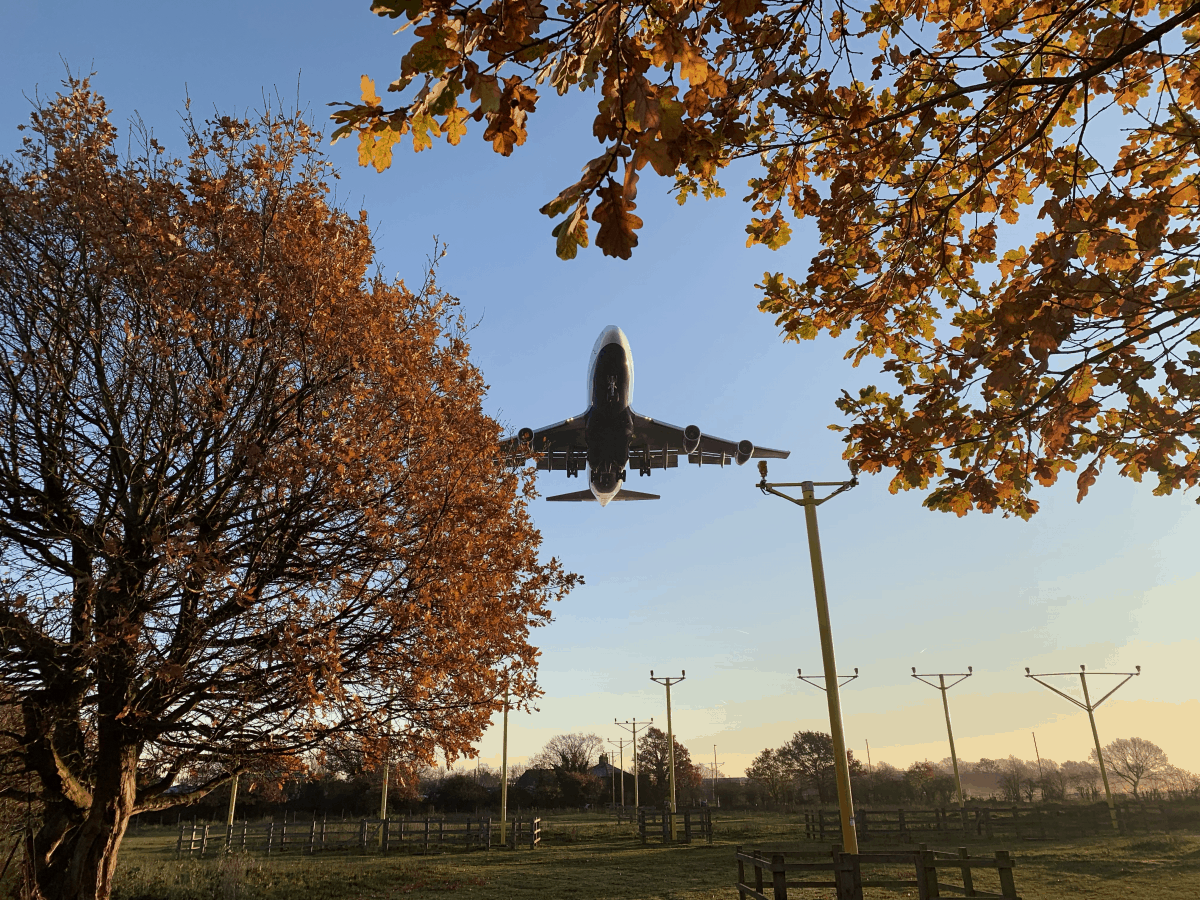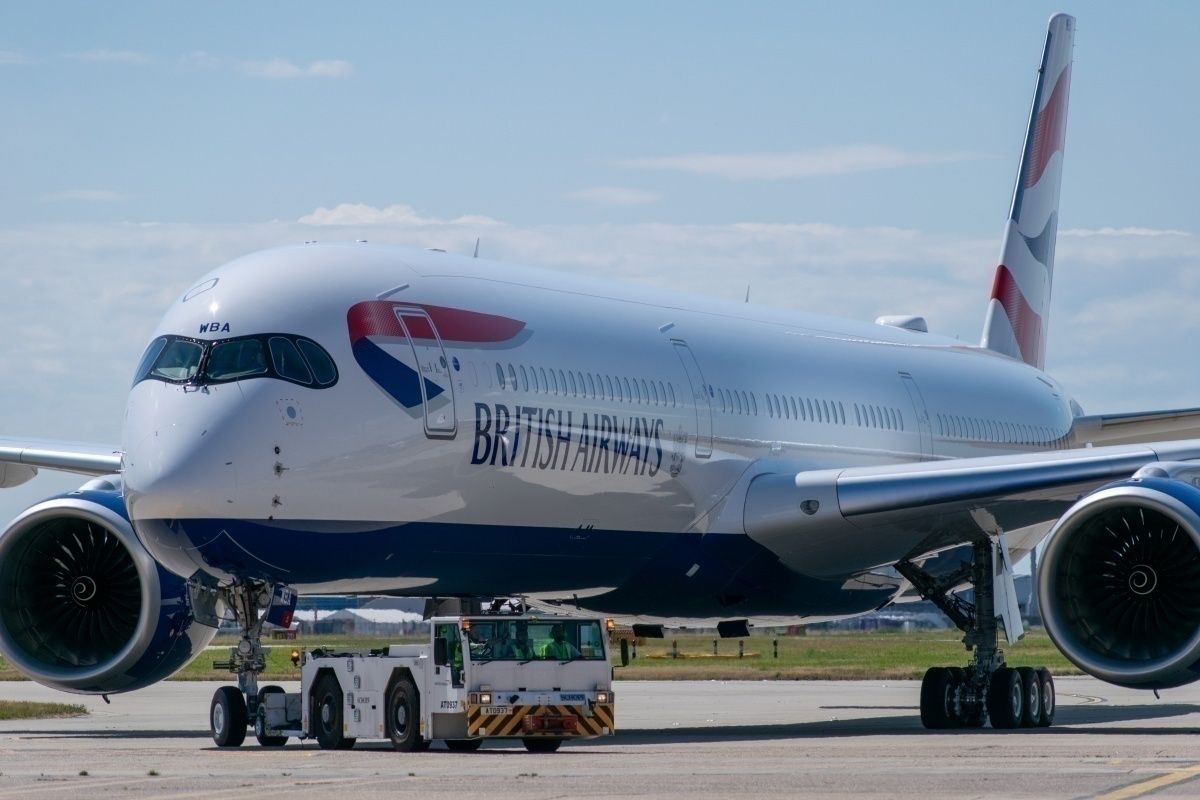The UK is holding a general election tomorrow, 12th December 2019, and Brexit is not the only battleground. With climate change an increasingly important issue for voters, all party manifestos feature a section on aviation. Let's have a look at the policy proposals party by party.
The Conservative Party
The Conservative Party led by Boris Johnson is currently comfortably ahead in the polls and is projected to win a majority. Therefore, it is the Conservative Party manifesto on aviation that is the one most likely to be enacted over the next five years.
According to their party's manifesto, the Conservatives will "use new air traffic control
technology to cut the time aircraft spend waiting to land". It is unclear what this new technology is.
The most obvious known way of reducing carbon emissions made by aircraft waiting to land is the expansion of Heathrow. This is because Heathrow is operating at full capacity and the congestion is causing planes to circle above London while they are held in the landing queue. This significantly extends flight times and contributes to added emissions.
However, the Conservative Party is in no position to support the Heathrow expansion, as a result of Boris Johnson previously expressing strong opposition to it as an MP for Uxbridge and South Ruislip.
The manifesto explicitly states that a Conservative government would be providing "no new public money" for the expansion. But it will not be opposing it either. Instead, it calls it a "private sector project" in an attempt to distance itself from the controversy that it is causing.
Meanwhile, no mention is made at all on additional levies, charges or taxes on either passengers, or airlines, or emissions from aircraft anywhere in the manifesto.
The Labour Party
The Labour Party is in a similar circumstance when it comes to Heathrow expansion. Its Shadow Chancellor John McDonnell is also a Member of Parliament in a constituency local to Heathrow, just like Boris Johnson.
10 years ago, John McDonnell was suspended from Parliament for disrupting a debate about airport expansion. He remains a strong opponent to it on the grounds that it is against the welfare of his constituents.
Meanwhile, Labour Party leader Jeremy Corbyn has not been this definite about the issue. He has expressed concerns about the third runway on environmental grounds, but at the same time finds himself at odds with the unions who represent workers
As reported by The Guardian last year, union Unite is a strong advocate of Heathrow expansion because it is seen as an opportunity to create "hundreds of thousands of new jobs”.
Thus, the official Labour Party policy as per their manifesto is not to oppose the expansion of Heathrow. However, if in government, Labour would make sure that expansion passes "tests on air quality, noise pollution, climate change obligations and countrywide benefits".
Interestingly, their manifesto is 107 pages long but it makes no mention at all of "Heathrow". Instead, it refers to "pressures on airport capacity in the South East".
The Liberal Democrats
The Liberal Democrats have placed Brexit and climate at the center of their campaign. Their manifesto calls for a "cut" in the "demand for flying". It also boldly rejects any expansion of "Heathrow, Gatwick or Stansted and any new airport in the Thames Estuary".
Furthermore, particular mention is made of the "15 percent of individuals who take 70 percent of flights". No concrete proposal is made, but the party will focus on "reforming the taxation of international flights", presumably with most focus on regular business travelers.
More significantly, the Liberal Democrats have provided an explicit cut-off point for how many flights they consider it is acceptable to take. Namely, this is given as "one or two international return flights per year". No mechanism is given for how the passengers who take more than two return flights would be penalized.
In another display of taking a harsher line on aviation, the Liberal Democrats have proposed "a zero-carbon fuels blending requirement for domestic flights", though no further details on how exactly this would work are provided.
The Green Party
Unsurprisingly, the Green Party takes the harshest stance on emissions. However, with climate change being an area of increased concern for voters, the Green Party policies are no longer that much more extreme than those of the other parties.
As outlined in their manifesto, the Green Party would apply a "Carbon Tax" with the explicit goal of raising the cost of aviation fuel for domestic flights. Under a Green Party government, domestic flights would also "lose their VAT exemption" and face a further "additional surcharge".
The Green Party would even lobby for a change to international protocol that would allow it to "tax international aviation fuel" as well. That way it would not only be able to influence domestic air traffic but also international passenger demand that flows into and out of Britain.
Flying would be discouraged to such a point that all "advertising for flights" would be banned, and any person who takes "more than one (return) flight a year" would face a "Frequent Flyer Levy".
What developments do you think tomorrow's election will bring to the aviation sector? Let us know in the comments below!



